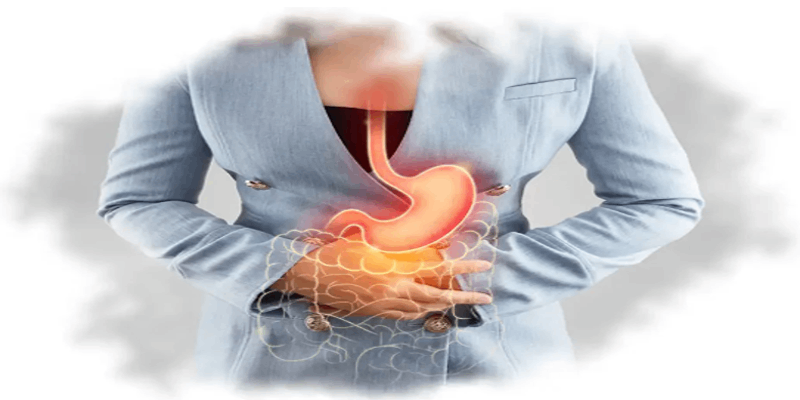
Acidity
Acidity, also known as acid reflux or heartburn, occurs when there is an excess production of acid in the stomach, which can lead to discomfort and a burning sensation in the chest or throat. The stomach normally produces acid to aid in the digestion of food, but when this acid is produced in excessive amounts or when it flows back into the esophagus (the tube that connects the throat to the stomach), it can cause symptoms of acidity.
Causes of Acidity:
-
Dietary Factors:
- Spicy and Fatty Foods: Foods high in spices, fats, and oils can trigger acid production.
- Caffeine and Alcohol: Coffee, tea, and alcoholic beverages can increase stomach acid.
- Citrus Fruits: Oranges, lemons, and other citrus fruits are acidic and can exacerbate acidity.
- Chocolate and Carbonated Drinks: These can relax the lower esophageal sphincter (LES), allowing acid to escape into the esophagus.
-
Lifestyle Factors:
- Overeating: Consuming large meals, especially late at night, can cause acidity.
- Obesity: Excess weight can put pressure on the abdomen, pushing stomach contents up into the esophagus.
- Smoking: Smoking weakens the LES, making acid reflux more likely.
- Stress: Chronic stress can increase acid production in the stomach.
-
Medical Conditions:
- Gastroesophageal Reflux Disease (GERD): A chronic condition where stomach acid frequently flows back into the esophagus, leading to persistent acidity.
- Hiatal Hernia: A condition where a part of the stomach pushes up through the diaphragm, which can cause acid reflux.
- Pregnancy: Hormonal changes and pressure on the stomach from the growing fetus can cause acidity.
-
Medications:
- NSAIDs: Nonsteroidal anti-inflammatory drugs, such as ibuprofen and aspirin, can irritate the stomach lining and increase acid production.
- Certain Antibiotics: Some antibiotics can cause stomach irritation and lead to acidity.
Symptoms of Acidity:
- Heartburn: A burning sensation in the chest or throat, usually after eating, that may be worse at night or when lying down.
- Regurgitation: A sour or bitter taste in the mouth due to stomach acid flowing back up into the esophagus.
- Bloating: A feeling of fullness or bloating after eating.
- Burping: Frequent belching or burping, especially after meals.
- Nausea: A feeling of nausea, sometimes accompanied by vomiting.
- Sore Throat or Hoarseness: Irritation of the throat or vocal cords due to acid reflux.
- Chronic Cough: A persistent cough that is not related to respiratory issues but is caused by acid irritating the throat.
Diagnosis of Acidity:
Diagnosis typically involves a combination of medical history, physical examination, and sometimes additional tests:
- Medical History: A doctor will ask about symptoms, dietary habits, lifestyle factors, and any medications being taken.
- Physical Examination: A physical exam may include checking for signs of tenderness in the abdomen or listening to the lungs.
- Endoscopy: A procedure where a thin, flexible tube with a camera is inserted down the throat to examine the esophagus, stomach, and duodenum for signs of irritation or damage.
- pH Monitoring: This test measures the acidity in the esophagus over 24 hours to determine the frequency and severity of acid reflux.
- Barium Swallow: A special X-ray that involves drinking a barium solution to highlight the esophagus and stomach, helping to identify abnormalities like a hiatal hernia.

